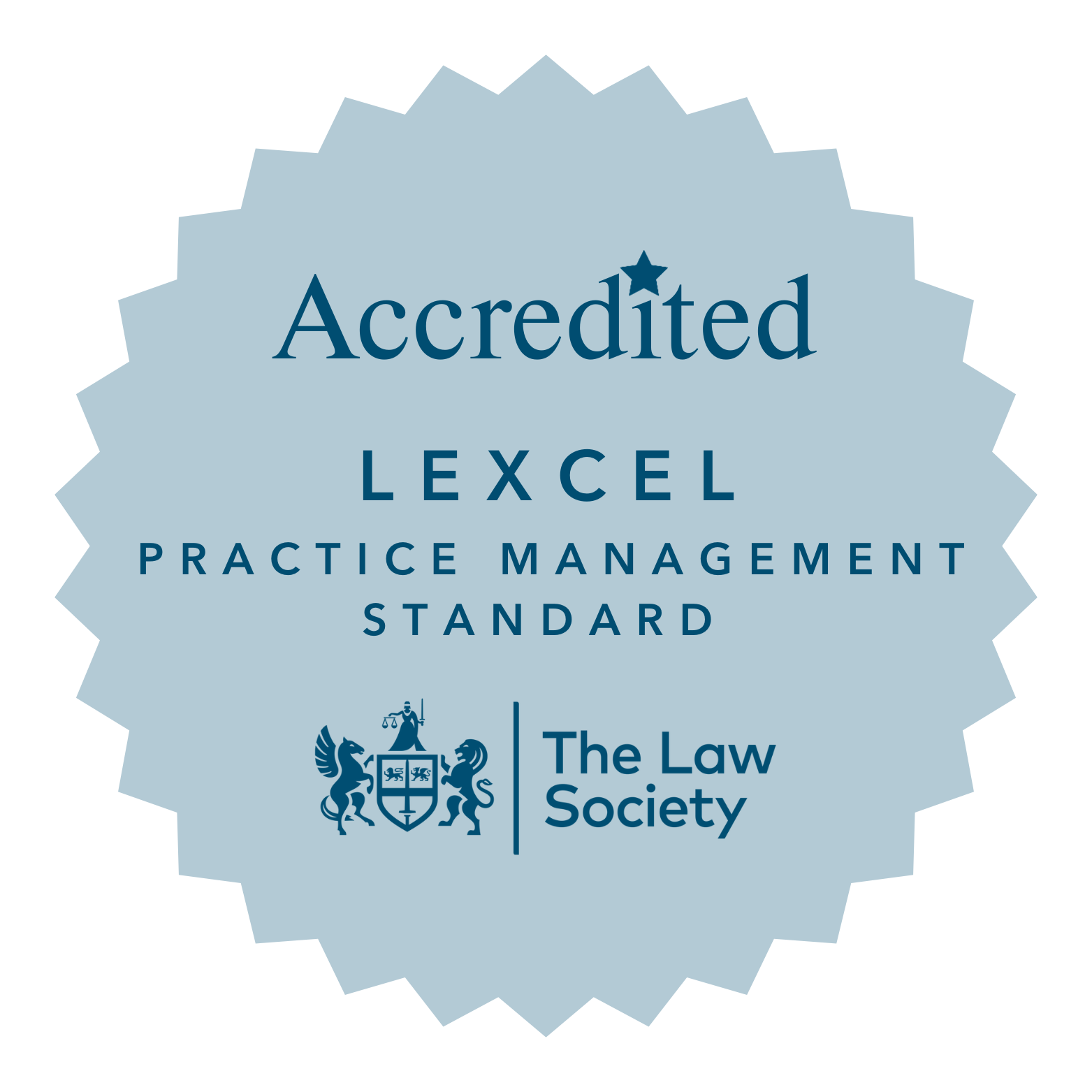Insights
What is Section 47?

What is Section 47?
Understanding the legal processes surrounding child protection can be daunting, especially when it involves something as significant as a Section 47 enquiry. This guide explains what Section 47 of the Children Act 1989 entails, when it applies, the enquiry process, and the rights and responsibilities of parents. We aim to provide clarity and reassurance while highlighting how CJCH Solicitors can offer vital support during this challenging time.
Introduction to Section 47 of the Children Act 1989
Section 47 of the Children Act 1989 ensures children are protected. It requires local authorities to investigate when there is “reasonable cause to suspect that a child is suffering, or likely to suffer, significant harm.”
Children’s social services conduct these investigations to ensure children are safe and supported. This legislation balances protecting children with supporting families, recognising that the best outcomes often arise when parents are included in the process.
When does Section 47 apply?
A Section 47 enquiry is triggered whenever there are significant concerns about a child’s safety or welfare. These concerns can arise due to reports from professionals (e.g., teachers, healthcare workers) or members of the public. Typical situations that may lead to a Section 47 enquiry include:
- Reports or suspicions of abuse or neglect.
- Serious injuries with no clear explanation.
- Signs of harm or unsafe environments in the child’s home or community.
Local authorities, particularly children’s social services, assess these concerns and decide on the need for a formal Section 47 enquiry.
The purpose of a Section 47 enquiry
The primary goal of a Section 47 enquiry is to assess the child’s circumstances and ensure their safety. To achieve this, the enquiry aims to determine the following:
- Whether the child is suffering or is likely to suffer significant harm.
- Whether protective intervention is necessary.
- What type of support or services are needed to safeguard the child’s welfare?
To gather information, social services often collaborate with other professionals, such as police officers, doctors, and teachers, to form a comprehensive understanding of the child’s situation.
The process of a Section 47 enquiry
Here’s an overview of what typically happens during a Section 47 enquiry:
- Initial assessment
The local authority gathers preliminary information about the child and family. This may include reviewing existing records and consulting with professionals who have worked with the family.
- Home visits and interviews
Social workers will usually visit the family home to assess the living environment. They may also speak with the child (if appropriate), parents, and caregivers to gather more insight.
- Multi-agency collaboration
Social services work closely with other organisations, such as schools, healthcare services, and law enforcement, to build a full picture of the child’s welfare.
- Determining outcomes
Based on the information gathered, the local authority decides on the next course of action. This might include offering family support, initiating a Child Protection Conference, or, in rare cases, starting care proceedings.
It’s important to remember that while this process is serious, its primary aim is to protect the child and provide necessary support to families.
Parents’ rights during a Section 47 enquiry
Parents are integral to the Section 47 process and are kept informed of concerns and developments unless doing so would endanger the child. Parents’ rights include the following:
- The right to be informed about the reasons for the enquiry.
- The right to receive support and advice from professionals.
- The right to engage with the assessment process.
- The right to legal representation and consultation.
Parents need to remain cooperative throughout the enquiry process, as this ensures that any concerns are addressed effectively and constructively.
What happens after a Section 47 enquiry?
Once the enquiry concludes, there are different possible outcomes, depending on the findings:
1.No further action required
If social services determine that the child is not at risk of significant harm, the case may be closed. Alternatively, voluntary support may be offered to the family.
2. Child in need plan
If the child is considered in need of additional support but not at immediate risk, a plan may be developed to address the family’s circumstances.
3. Child protection conference
If there are concerns that the child is at significant risk, a child protection conference may be held. This meeting brings together professionals and family members to decide on a protection plan to keep the child safe.
4. Care proceedings
If the risk to the child is severe and immediate, the local authority may seek to initiate care proceedings to ensure the child’s safety.
How CJCH Solicitors can help
Navigating a Section 47 enquiry can be overwhelming for any parent or carer. At CJCH Solicitors, we specialise in childcare and family law. Our experienced team can help you understand your rights, guide you through the enquiry process, and represent your interests at every stage.
With offices in Cardiff, Barry, Bridgend, Blackwood, and Caerphilly, we are proud to support families across South Wales. Our team is rated as ‘Excellent’ on Trustpilot and Google, a testament to the trust we’ve built with our clients.
Family Client Review
“I would recommend CJCH Solicitors. My solicitor, Ross, was very empathetic and knowledgeable. Ross’s advice consistently helped to improve my situation, and I am very happy with the outcome of my case”.
Protecting children and supporting families
Section 47 of the Children Act 1989 is a powerful tool for safeguarding children. However, it also underscores the importance of working collaboratively with families to ensure the best outcomes for all involved.
If you or someone you know is facing a Section 47 enquiry, contact CJCH Solicitors. Our team is here to provide the professional, compassionate support you deserve. Reach out today to book an initial consultation.





